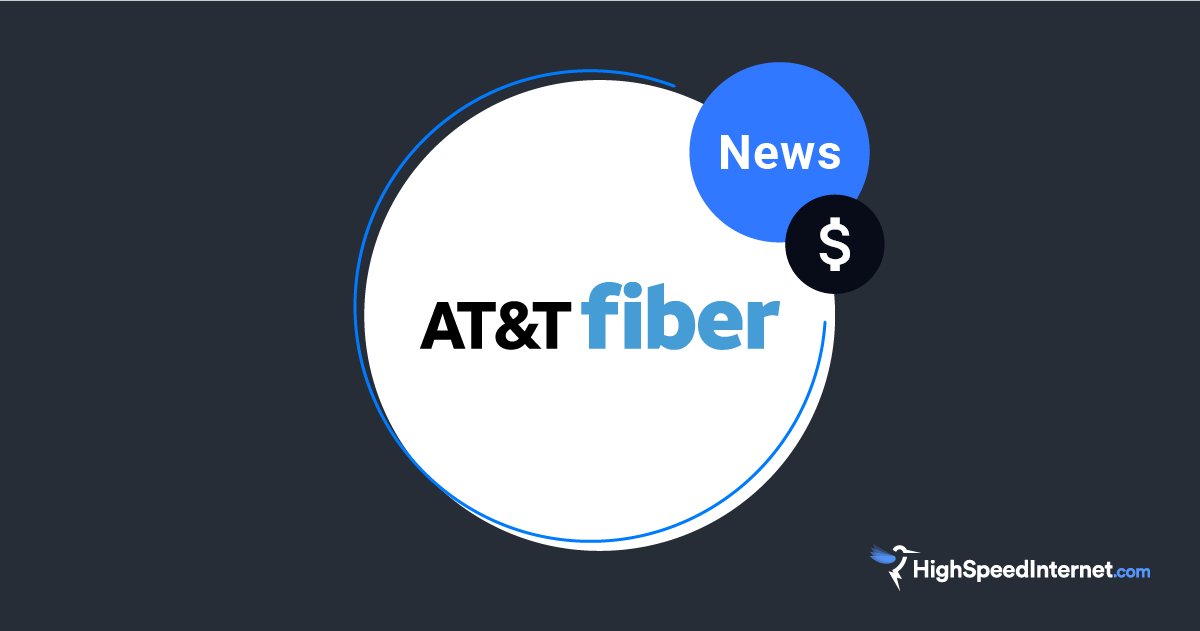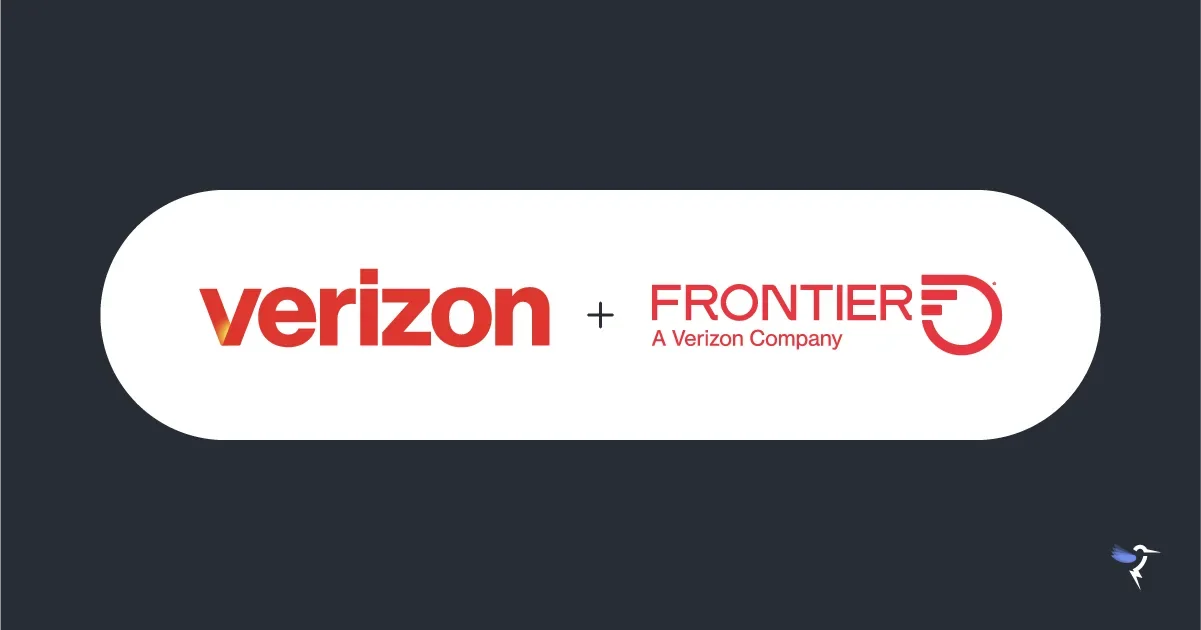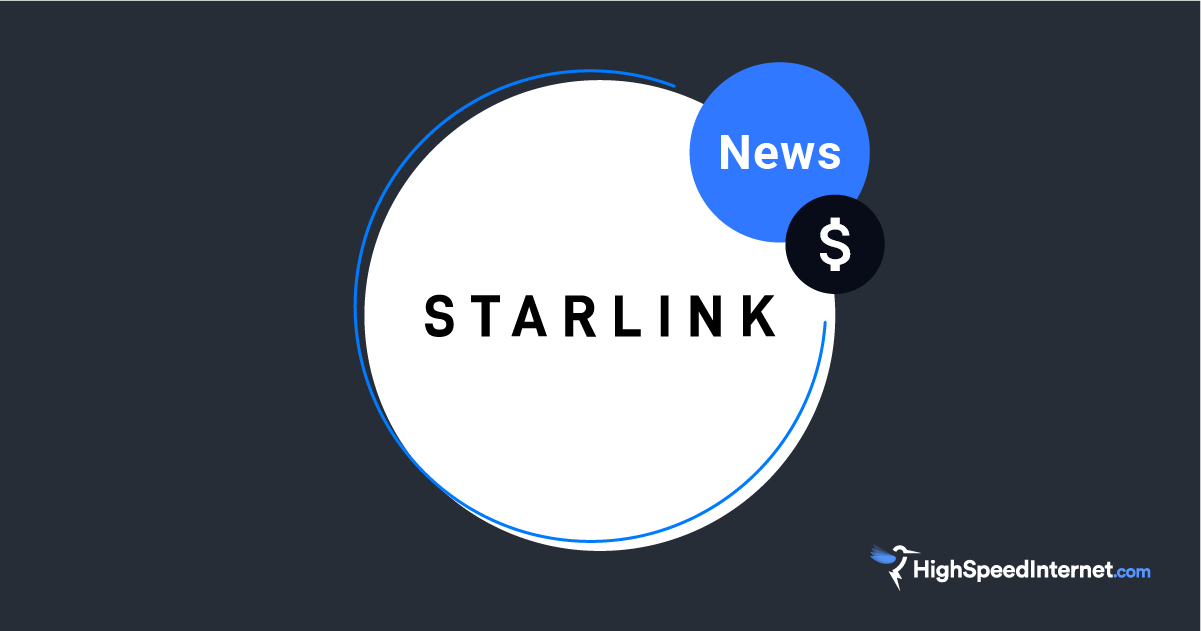AT&T Launches Wireless Backup for Fiber Customers
Fiber customers can now stay connected even if the network goes down
Dec 3, 2024 | Share
News
AT&T recently announced its new Internet Backup feature, which keeps customers online with a reliable cellular connection to their gateway if fiber becomes unavailable. This feature will require an eligible AT&T unlimited postpaid wireless plan but will use customers’ existing fiber internet equipment at no additional cost.
This is a nice new perk for AT&T customers, but will this be a must-have feature for the average internet user? Probably not.
Is Wireless Backup a game-changer for you?
If so, it’s worth checking how AT&T fiber stacks up against your current wireless plan. Enter your zip code below to see if AT&T fiber is available in your area.
Using your cellphone as a backup
If you’re an AT&T fiber customer using one of its latest gateways (the AT&T BGW320 gateway, if you’re wondering), then a new feature will be rolling out to you next week.
On Monday, AT&T announced that it’s rolling out a new Internet Backup feature across its entire fiber footprint. This feature will keep your home network online in the event of network disruption. If the gateway can’t connect to the internet over the usual network, it will connect to the nearest phone running on an AT&T unlimited plan. Internet Backup will allow your home network to stay connected at no additional cost until fiber service is restored.
Of course, the ability to use your cellphone as a hotspot isn’t new. Most smartphones can be set to hotspot mode to allow devices like laptops to use their internet connection. The advantage of AT&T’s new feature is that it all happens automatically and seamlessly. You don’t have to turn on your phone’s hotspot or switch your devices over to a new network. You also don’t need to remember to switch back once your fiber connection is back online.
Is Internet Backup worth switching plans?
Internet Backup is an inventive feature that only a company like AT&T, with its large fiber footprint and nationwide 5G network, could create. But do people need this feature?
For current AT&T customers who already bundle their fiber and phone plans, it’s certainly a nice perk. The only real downside is that if your phone’s connection is suddenly supporting your whole home network, you should probably take it out of your pocket and put it near the gateway so the internet doesn’t go out again if you go into the basement or the backyard.
Is this enough of a reason for AT&T customers who don’t bundle their phone and internet to switch? There are already some advantages to bundling, such as discounts on your monthly bill. But if that wasn’t enough to convince you, it’s unclear whether this feature will tip the scales much.
As AT&T points out, its fiber network is up 99.9% of the time, so this won’t be a feature you rely on regularly. It also won’t help you in the event of a power outage since the gateway still requires power to run. Wireless 5G connections also have lower bandwidth than fiber, so while you won’t lose your connection, you might notice some performance issues when engaging in some online activities.
If you’re not an AT&T customer, this probably won’t be enough incentive to switch providers on its own, but it is something to consider next time you compare internet providers.
Who is this feature best for?
I don’t think this feature is groundbreaking enough that people need to switch to AT&T, but it could be worth looking into for a few groups. The first are those who already have AT&T internet and phone plans but don’t qualify for Internet Backup. For example, if your gateway is an older model that doesn’t support the feature, you should contact AT&T about upgrading your equipment so that you can take advantage of it.
Internet Backup also might be enough incentive to upgrade to an eligible AT&T unlimited postpaid wireless plan if your current plan doesn’t meet that requirement.
Internet Backup is also a great option for people who really need their devices to be online 24/7, assuming a wireless connection still meets your needs. For example, if you have smart devices in your home that get thrown off any time there’s a service interruption, a wireless backup could save you a lot of hassle. Some people already use a wireless backup by simply signing up for a second, backup internet connection, so getting that as a free service from your primary provider would offer a huge savings.
Home servers would also benefit from a wireless backup, though if your server gets a lot of traffic, it will struggle on a mobile wireless connection. It also won’t help you much if you’re trying to connect to your own home server from the office, since I assume your cellphone would be in your pocket.
The bottom line
AT&T Internet Backup is an interesting idea, but one with limited use cases. It will be interesting to see if the idea takes off with other providers trying to offer similar (or more broadly applicable) services in the future. It’s definitely a cool perk, but one that’s far too situational to be a game changer for most people.
Author - Peter Christiansen
Peter Christiansen writes about telecom policy, communications infrastructure, satellite internet, and rural connectivity for HighSpeedInternet.com. Peter holds a PhD in communication from the University of Utah and has been working in tech for over 15 years as a computer programmer, game developer, filmmaker, and writer. His writing has been praised by outlets like Wired, Digital Humanities Now, and the New Statesman.
Editor - Jessica Brooksby
Jessica loves bringing her passion for the written word and her love of tech into one space at HighSpeedInternet.com. She works with the team’s writers to revise strong, user-focused content so every reader can find the tech that works for them. Jessica has a bachelor’s degree in English from Utah Valley University and seven years of creative and editorial experience. Outside of work, she spends her time gaming, reading, painting, and buying an excessive amount of Legend of Zelda merchandise.



